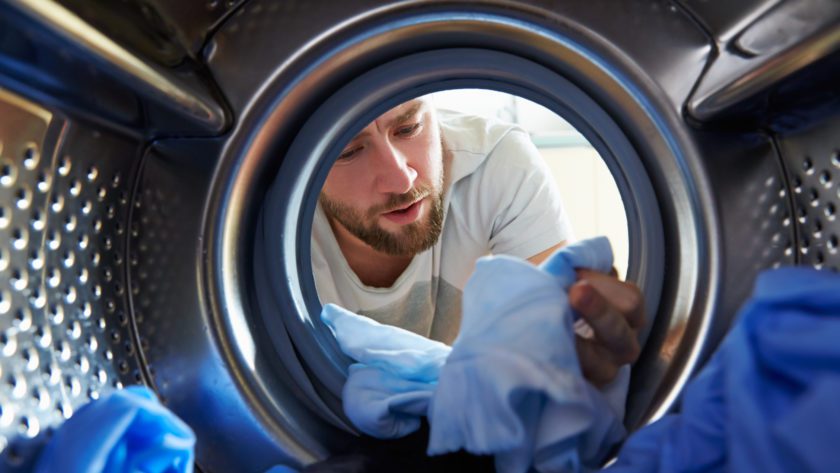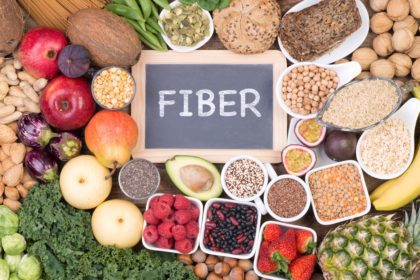
Clothes washer technology has reduced the drudgery of scrubbing clothes to get them clean — much nicer than the days of pounding or rubbing the clothing on rocks in a river or against a corrugated washboard.
But even the high efficiency, highest-tech agitators need your helping hand. Otherwise, washing your clothes can actually make them dirtier.
Wash Before Wearing
First, always wash new clothes before wearing them. New fabric finishes contain formaldehyde, fragranced starches, and insecticides. Soak them in one cup or more of baking soda before washing them to neutralize these potentially allergenic chemicals.
Try this Test
Wash a load of clothes as it’s normally done. Now run this load through another full cycle except DON’T add any detergent — just wash it again in water.
If suds are present after the first rinse, that means there’s detergent residue remaining on your clothes. These residues can contribute to skin dryness and itchiness.
Detergents 101
Detergents work by loosening and binding to dirt, then lifting it up and out of clothes. Detergent and dirt become one unit. If the detergent isn’t completely rinsed out, neither is the dirt. Too much detergent = dirty, irritating clothes!
Don’t Crowd
Be sure not to overload your washer. To clean, your detergent needs room to circulate through your clothes. Plus, your washer needs plenty of water to carry the loosened dirt and oils away.
How Much Detergent
For a full-sized load, use half the recommended amount of a favorite detergent. Detergent manufacturers often overestimate the amount that’s actually needed.
Fragrance-free detergents are best as they don’t contain petrochemical perfumes, which can aggravate allergies and irritate sensitive skin.
Hard and Soft Water
Soft water cleans clothes better than hard water.
Minerals, such as calcium and magnesium, make water hard and can leave mineral deposits on your clothes, causing them to wear faster and fade.
Detergent requirements may vary based on mineral content in the water — slightly more detergent may be necessary for very hard water and less for very soft water.
Soda and Vinegar
Add 1/2 cup of baking soda to the detergent (less for smaller loads). The baking soda helps detergents work better by maintaining a neutral pH in your laundry water and deodorizes your clothes without synthetic fragrances that mask the odors.
To remove the detergent’s chemical alkaline residue, add 1/2 cup of white distilled vinegar to the final rinse cycle.





